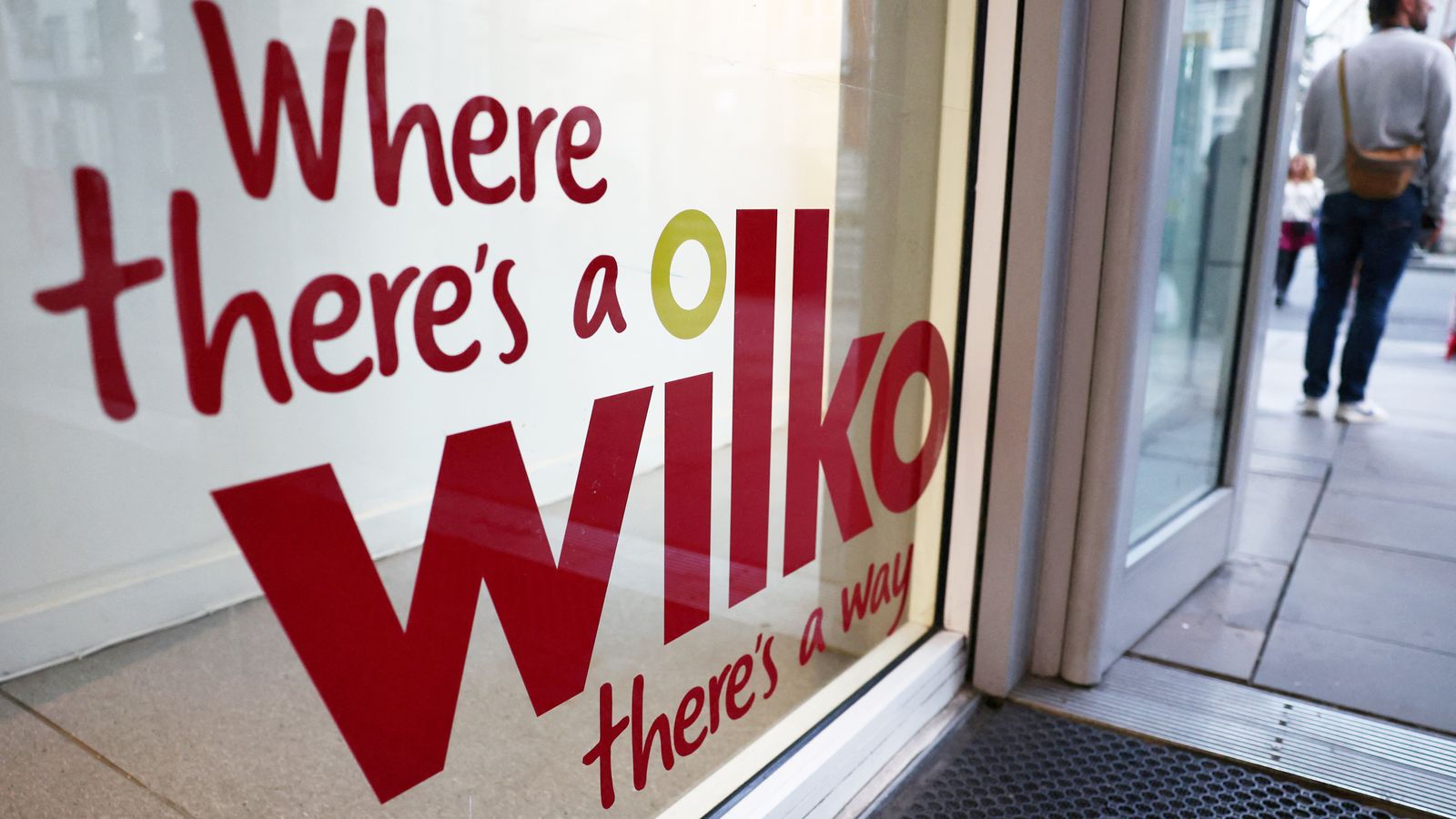State-backed lender Natwest has reported a sharp rise in profits as it followed rivals in clawing back some of the money set aside to cover loans going bad.
The bank, which remains 60% owned by the taxpayer, said pre-tax operating profits rose 82% to £946m for the first quarter partly thanks to a £102m release of funds.
Natwest said continued government COVID support schemes were keeping a lid on business borrowers defaulting on their loans.
Chief executive Alison Rose said there were “reasons for optimism” as the UK’s vaccine programme progresses and restrictions are eased and that its loan book had performed better than expected in the period.
“However, there is continuing uncertainty for our economy and for many of our customers as a result of COVID-19,” she added.
Natwest – previously known as Royal Bank of Scotland (RBS) – follows rivals HSBC and Lloyds Banking Group this week in clawing back some of the billions they have set aside for loans going bad as a result of the pandemic.
That partly reflects cautious optimism about the UK’s prospects as well as the fact that the government is still pumping billions into support schemes as the economy emerges from deep freeze.
Natwest’s profit comes after it slumped to a £351m annual loss for 2020, a year in which it put aside £3.2bn to cover for loans going bad because of the crisis.
The release of £102m represents a relatively small part of this provision and mainly reflects the bank’s commercial lending where, it said “support schemes continue to mitigate realised levels of default”.
Meanwhile Natwest benefited from an upturn in mortgage lending as the housing market booms, with new home loans totalling £9.6bn over the quarter, up from £8.4bn in the previous three months.
Retail bank customer deposits climbed by £7.3bn, or 4.2%, to £179.1bn since the end of 2020 as spending slumped and savings increased in lockdown.
As RBS, the bank was bailed out by taxpayers during the financial crisis more than a decade ago.
Last month, chancellor Rishi Sunak offloaded a £1.1bn chunk of the lender but it remains 59.8% owned by the Treasury.
Meanwhile, the group is facing a court case next month after the Financial Conduct Authority (FCA) launched criminal proceedings in March against the bank for alleged failures under money-laundering rules.
In its latest quarterly results, the bank warned it could face “material adverse collateral consequences, in addition to further substantial costs and the recognition of provisions” as a result of the proceedings.
Shares fell more than 3% in early trading.





